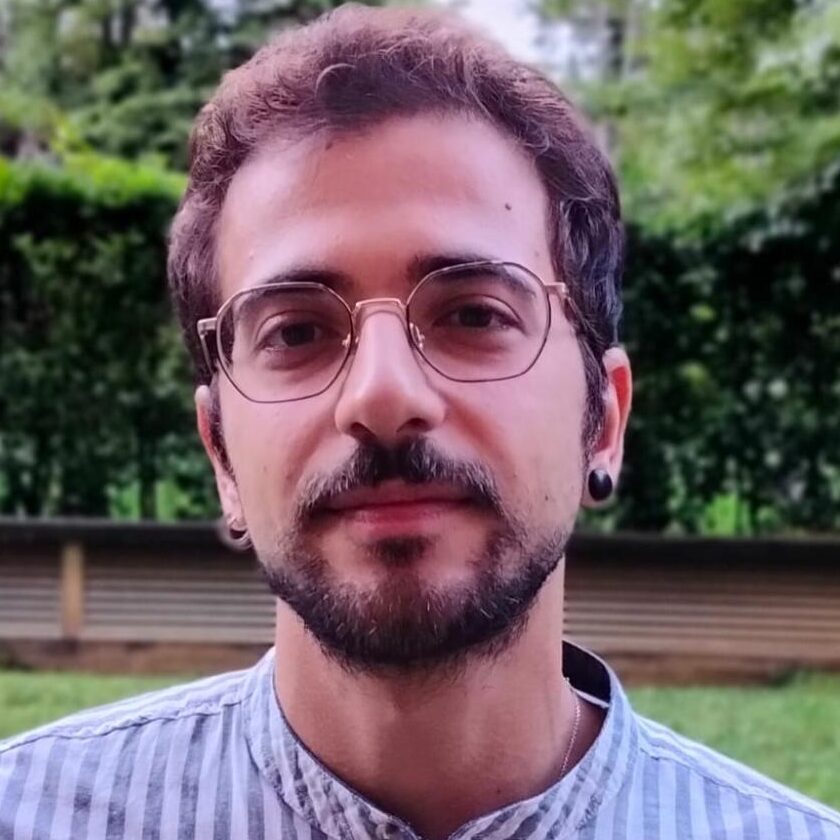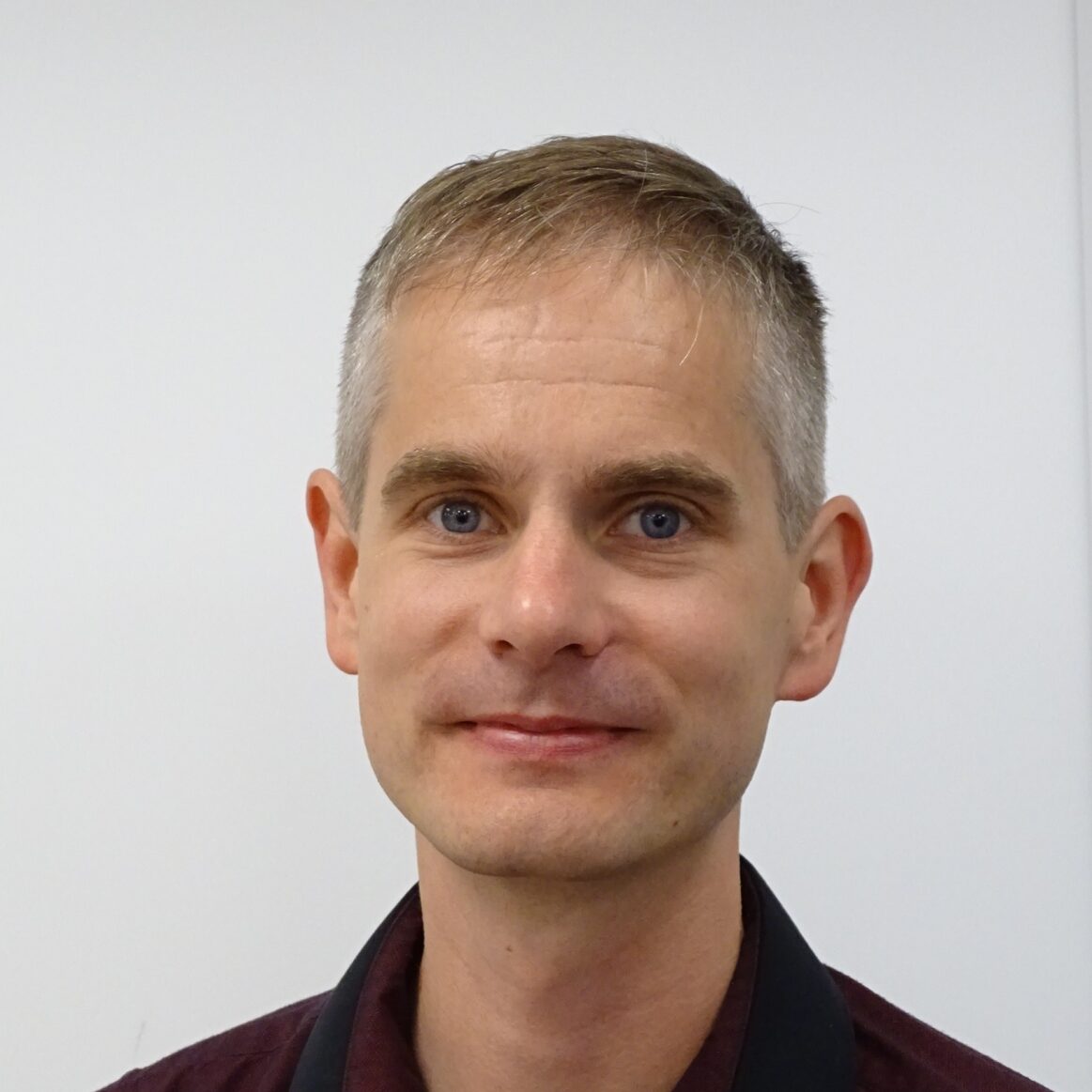The Euclid Consortium STAR Prize 2024
The Euclid Special Talent And Recognition (STAR) Prize is a prize to acknowledge work done within the Euclid Consortium in different areas of activity. It was established in 2017, and every year prizes are awarded to nominees in different categories by the Euclid STAR Prize Committee. Nominations are accepted and encouraged from any Euclid Consortium member, excluding self-nominations.
The awardees are (full bios below / on click):
Euclid STAR Prize 2024 – Student Award
Motivation
For making significant contributions to Euclid studies of clusters of galaxies, integrating cluster likelihoods into CLOE, and helping develop LE3 code which derives weak-lensing mass estimates of galaxy clusters.
Bio
Giorgio earned his PhD in Astrophysics this year and is currently a postdoctoral researcher at the University of Bologna. His research focuses on modelling the counts and correlation functions of large galaxy cluster samples, which allow us to derive robust constraints on fundamental cosmological parameters. Additionally, his work involves the analysis of galaxy cluster weak-lensing measurements to estimate the mass and investigate the structure of these cosmic objects.
Giorgio has been a Euclid member since 2020. He is one of the developers of the CLOE (Cosmology Likelihood for Observables in Euclid) software, implementing in particular the likelihood functions for galaxy cluster statistics on behalf of the Clusters of Galaxies Science Working Group. Giorgio has also contributed to the development of COMB-CL (COMBined CLusters and Weak-Lensing Pipeline), which is the code created by the homonymous group within OU-LE3 for cluster weak-lensing measurements and modelling. He is the lead author of COMB-CL Paper IV, which addresses galaxy colour-redshift relations for cluster weak-lensing analyses based on Euclid observations.
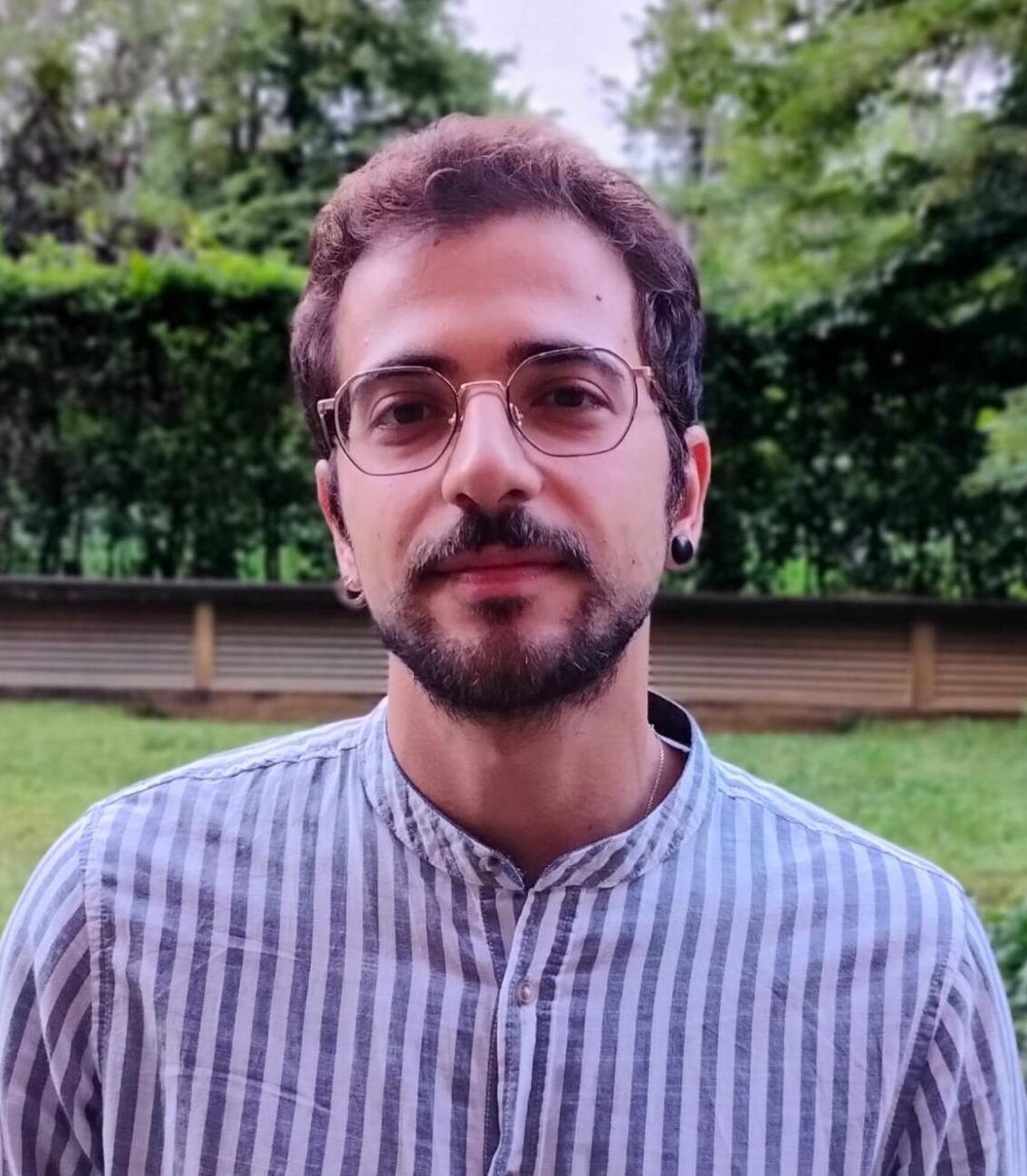
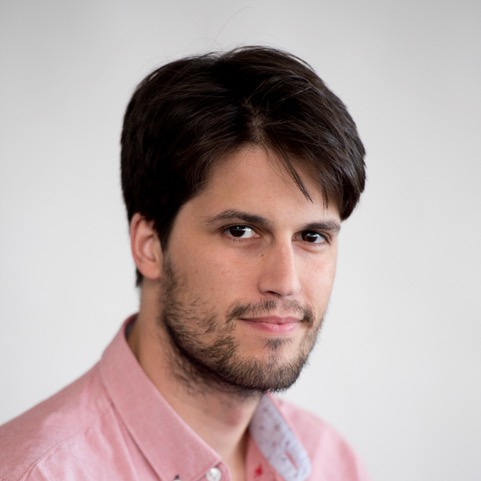
Euclid STAR Prize 2024 – Junior Scientist Award
Motivation
For being a key part of IST: Non-linear, leading the development of photometric probes, and for identifying the importance of the cosmological and nuisance parameter priors in perturbation theory based models.
Bio
Pedro is a post-doctoral researcher at the University of Edinburgh working on survey cosmology. He received his Ph.D. from Queen Mary University of London with a thesis on nonlinear effects in early-Universe cosmology. Pedro has worked on various aspects in cosmology, ranging from the physics of inflation to dark energy modeling. His main research focus is the modeling of nonlinear physics for large-scale structure, working on generating accurate predictions for both galaxy clustering and weak lensing within the standard cosmological model and beyond. In Euclid, Pedro is one of the lead developers of IST-Nonlinear, implementing nonlinear modeling tools into the likelihood code CLOE. He is also a member of the Theory SWG, contributing to testing nonlinear models for alternative cosmologies for the Euclid main observables.
Euclid STAR Prize 2024 – Senior Scientist Award
Motivation
For rapid turn-around processing of the Euclid Early Release Observations using a custom pipeline, and enabling a multitude of scientific papers on those datasets.
Bio
Jean-Charles Cuillandre is an astronomer based at the astrophysics department from CEA Paris-Saclay. He joined the Canada-France-Hawaii Telescope (CFHT) in 1996 after completing a PhD in astrophysics in Toulouse and spent nearly two decades in Hawai’i working for CFHT and its scientific communities as an instrument scientist and staff astronomer. Prior to engaging in the fundamental research world, he received a training in engineering as it fitted well his taste for astronomical data processing and instrumentation. His main field of expertise is wide-field optical and near-infrared imaging, from the detectors, observing techniques and data processing, up to the broad science enabled by such instrumentation, especially through surveys. He returned to France in 2014 to join the Euclid mission to contribute to the development of the survey plan and to spawn the international ground-based observations campaign critical to the mission. Using his free time to develop sky art based on wide-field imaging data from CFHT over the past two decades, he led the Euclid Early Release Observations (ERO) effort to deliver the first color images to the world, and support the production of the first science results.
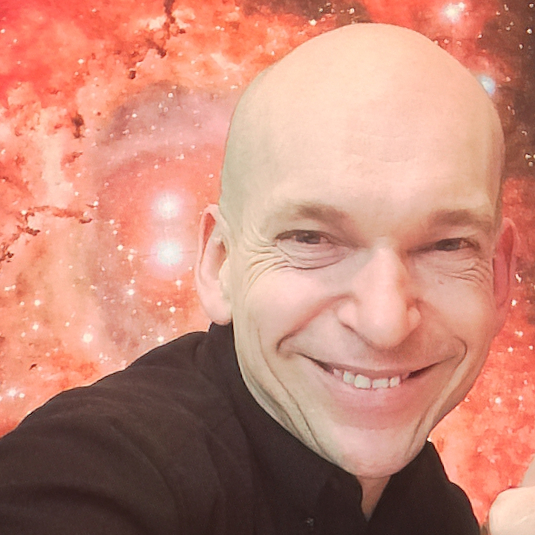
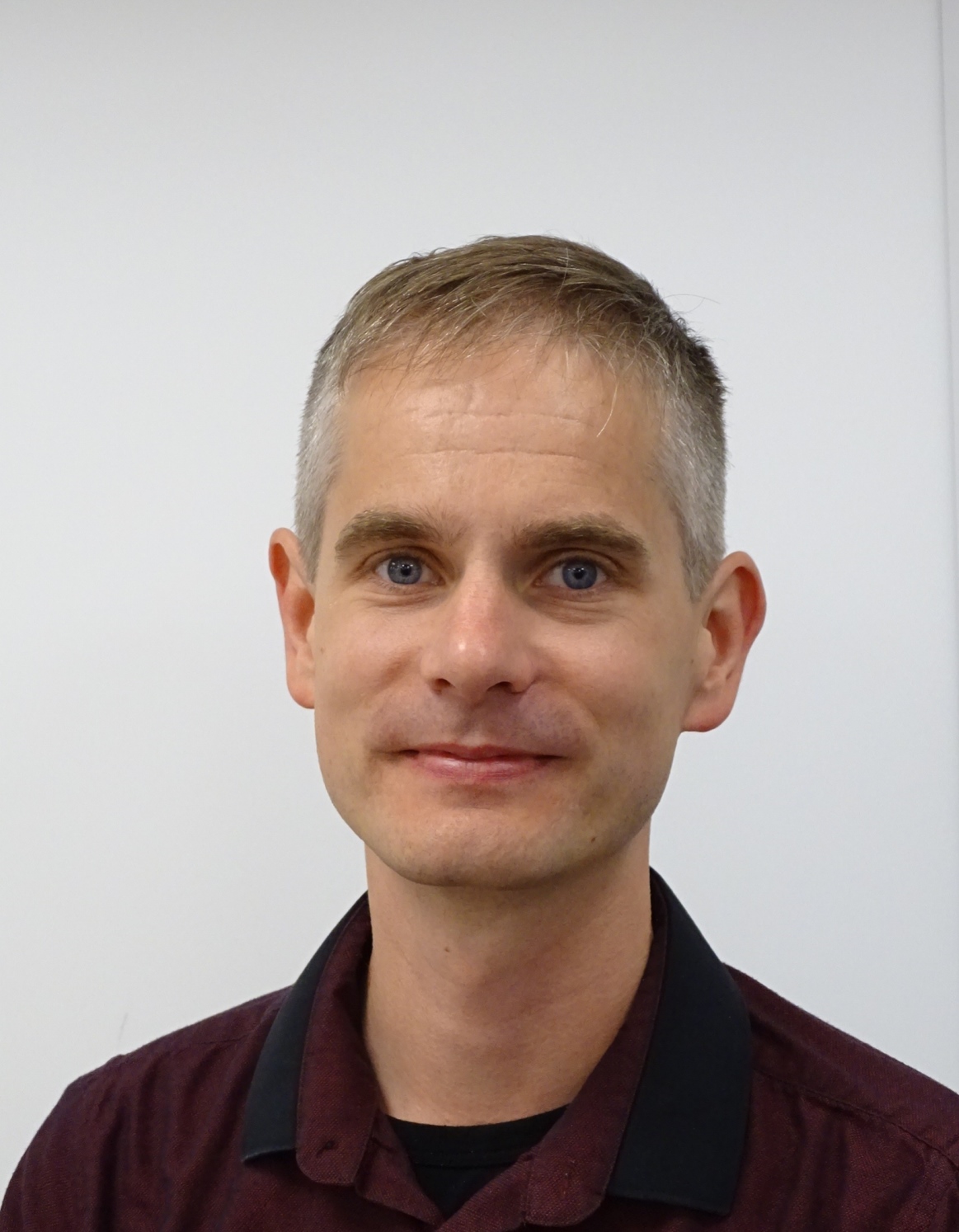
Euclid STAR Prize 2024 – Leadership & Coordination Award
Motivation
For co-leading LE3, developing cutting edge techniques which highlight the role of intrinsic alignments, contributions to the WL-SWG, and coordinating the development of the photometric visibility mask, a mission critical product.
Bio
Benjamin is Professor of Astrophysics at University College London. His research centres on cosmology and the large-scale structure of the Universe, as well as the design, processing, and science analysis of large galaxy surveys. He is part of the leadership team of the ESO Kilo-Degree Survey, the Centre for Doctoral Training in data-intensive science, UCL’s Cosmoparticle Initiative, and the echoIA community project. Active in Euclid since his PhD days, he now is Deputy Lead of OU-LE3, leads the intrinsic alignments work package, and coordinated the VMPZ Tiger Team.
Euclid STAR Prize 2024 – IDEA Award
The ECICOM Team with special mention to Stefania Pandolfi and Jennifer Pollack
Stefania Pandolfi, Jennifer Pollack, Jarle Brinchmann, Guadalupe Canas Herera, Santiago Casas, Bogna Kubik, Yuzheng Kang, Amandine Le Brun, Frédéric Magnard, Jascha Schewtschenko, Knud Jahnke, Mark Holliman, Oriana Mansutti, Patrick Simon, Rob Blake, and Simon Berquez.
Motivation
For enabling a tremendous leap forward in the access to critical information in the Euclid consortium, and removing communication barriers during the key early phases which most significantly impacted junior researchers.
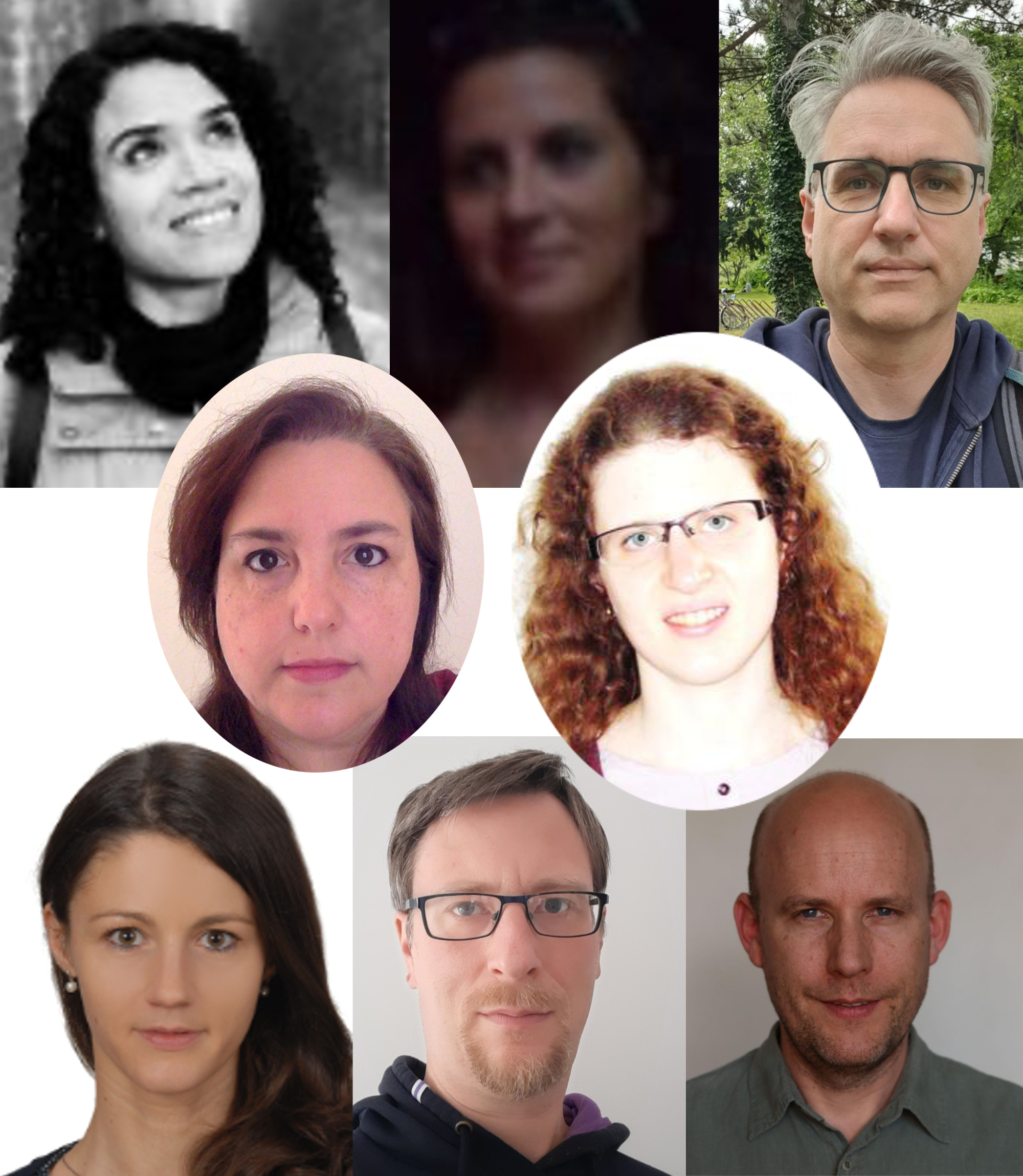
Bio
Jennifer is a former cosmologist turned software engineer based at the CosmoStat Lab at CEA Paris-Saclay. Her journey within the Euclid Consortium began late in 2012 with developing scalable software algorithms for galaxy clustering analysis in the Science Ground Segment Level 3 Organisational Unit. In recent years, she transitioned to pixel-level image processing and now to instrumental response modelling, aiming to significantly enhance Euclid’s scientific capabilities. Inspired by the strong community spirit of another cosmology experiment, she became passionate about improving communications within the Euclid Consortium. Leading the development of tools and guidelines for the Euclid Consortium’s Slack workspace, which supports over 1000 members, she has played a key role in fostering a collaborative and efficient environment within the EC.
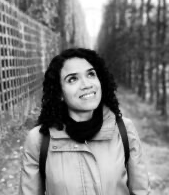
Bio
Stefania is a Knowledge Management Engineer at ESTEC and has a Ph.D. in cosmology and M.Sc. in Science Communications.

Bio
Astronomer based at the Max Planck Institute for Astronomy in Heidelberg, Germany, with a research focus on the joint evolution of galaxies and their central supermassive black holes across cosmic time. Member of the EC and instrument scientist for the NISP photometry channel since 2011, also local Euclid lead at MPIA, which included involvement in developing the NISP calibration source NI-CU as well as the NISP photometry filters. Interested in Euclid communications on the side.
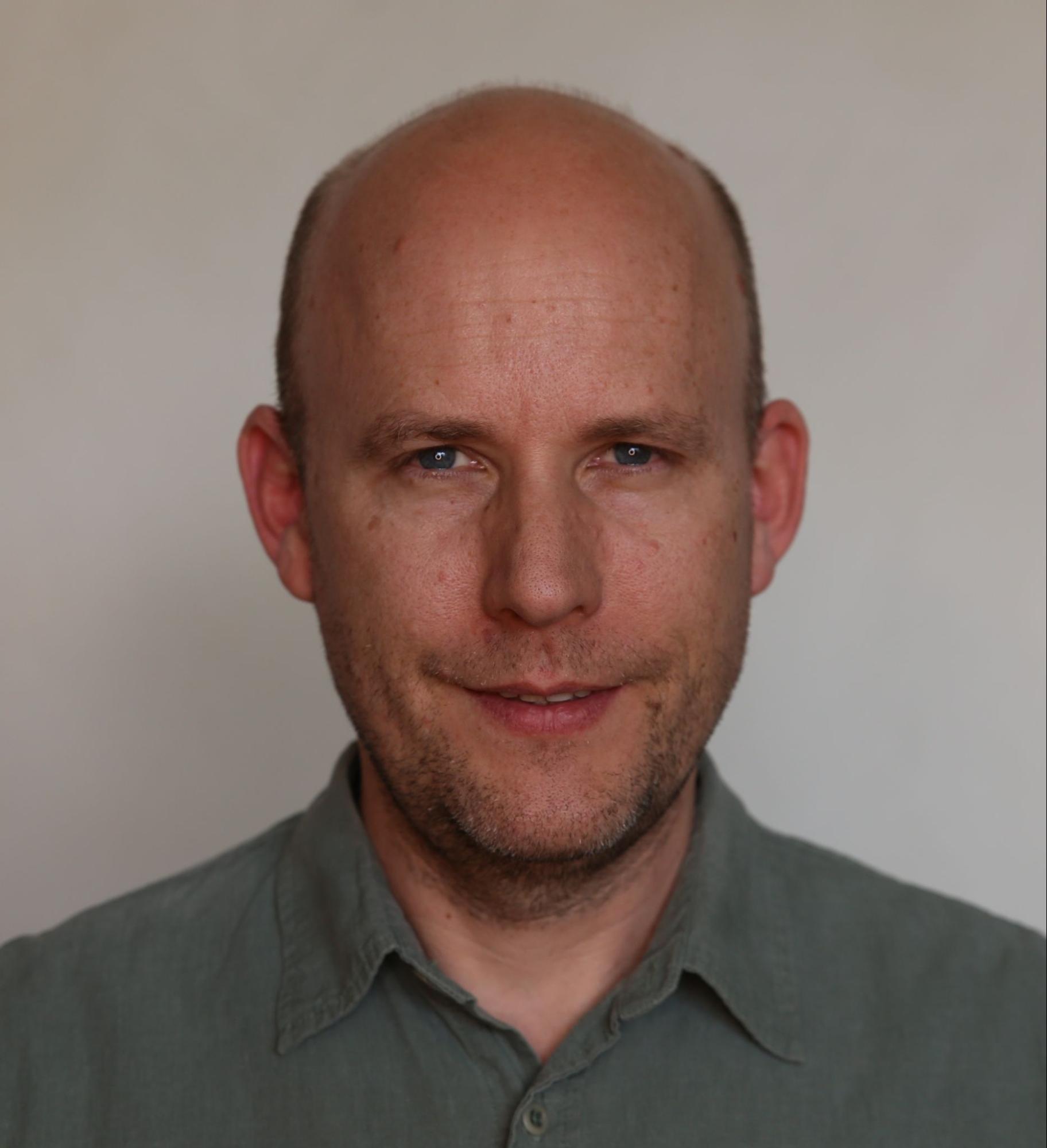
Bio
Cosmologist based at the Royal Observatory of Edinburgh, Scotland, which a research focus on LSS formation in the presence of interacting Dark Matter models. Member of the EC and research software engineer for the SDC-UK since 2021, also lead developer of the EC Projects Portal, co-admin for various EC portals and co-founder of the ECOsystem group. As a member of ECICIC and now ECICOM, interested in Euclid communications and how to facilitate them with the help of clear policies and modern software solutions.
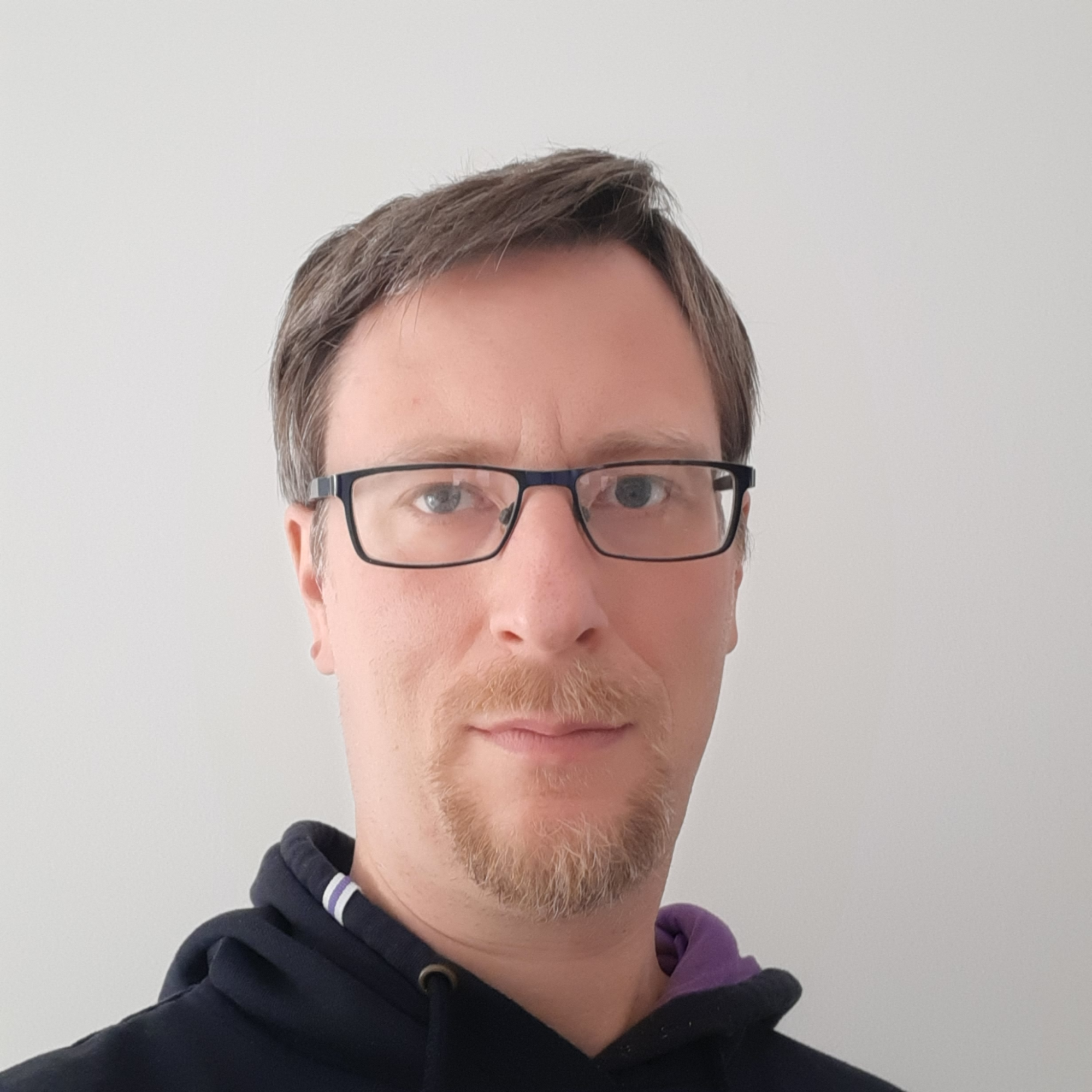
Bio
Astrophysicist at the Argelander Institut für Astronomie in Bonn, Germany, since 2009. The core of his scientific work is the study of galaxy biasing, large-scale structure, and cosmological parameters, with cosmic shear and galaxy-galaxy(-galaxy) lensing as amazing tools. Being a member of the Euclid project since 2012, Patrick is now the developer and administrator of the Publication Portal and manages the day-to-day work of the Bureau jointly with Peter Schneider and John Peacock. He is also a member of the ECOsystem Group which brings together admins of the various portals within the Euclid communication infrastructure. Through this role, he supports the work of the ECICOM group.
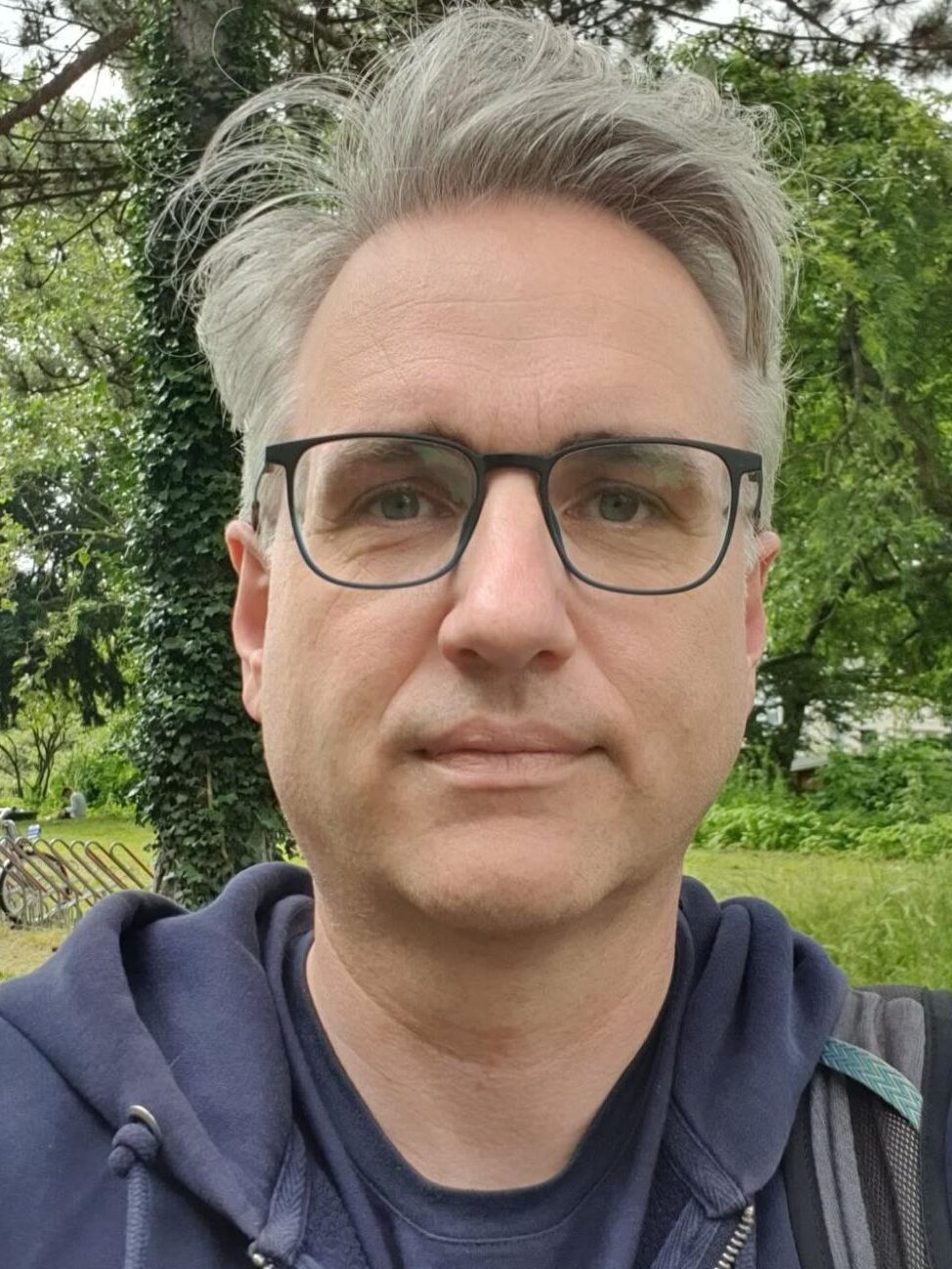
Bio
Mathematician with a PhD in Astroparticle Physics, she is now based at the Observatory of Trieste (INAF) and she contributes to Euclid by supporting the management of the SGS practically full time since 2011. In the ECICOM and its ECOsystem Group, Oriana embodies the interface between the ESA Cosmos portal and the EC, and she supports the transit of information from the previously used Cosmos wiki to the Euclid Redmine.
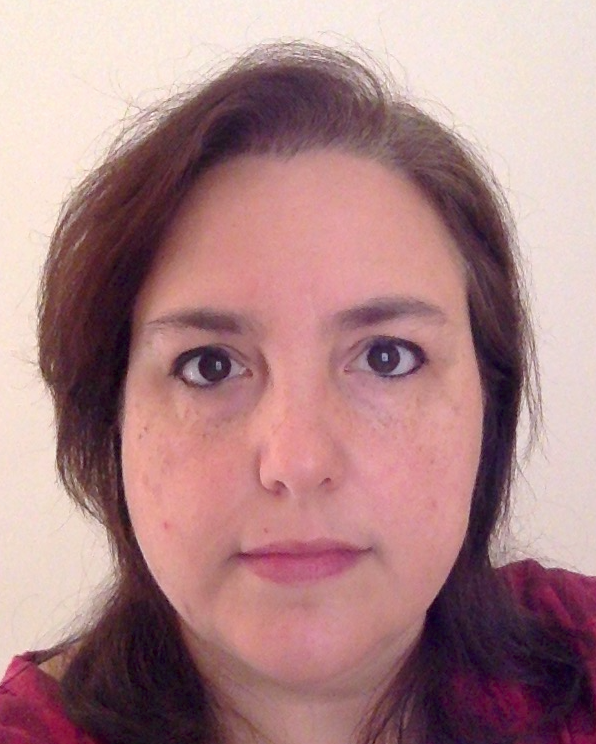
Bio
Bogna is based at the Lyon Institute for Physics 2 Infinity (IP2I) and is a research engineer in instrumentation at the CNRS. After her PhD in theoretical particle physics, she joined the Euclid mission and is involved in the development and monitoring of the NISP instrument. Her main interest is in the properties of infrared detectors. At ECICOM contributes to make the meetings well organized.
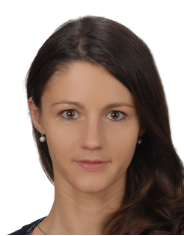
Bio
Astrophysicist at the Paris Observatory-PSL since 2020, she is contributing to the Euclid mission by being one of the developers of the cosmological analysis pipeline, running and analysing cosmological simulations, among many other things. In the ECICOM group, Amandine is a member of EC events which organises and shares details of all EC meetings and events, promoting transparency and inclusivity. She is also the representative of the EC Diversity Committee and a Slack administrator.
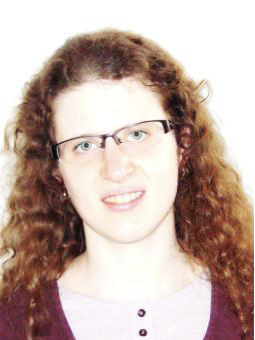
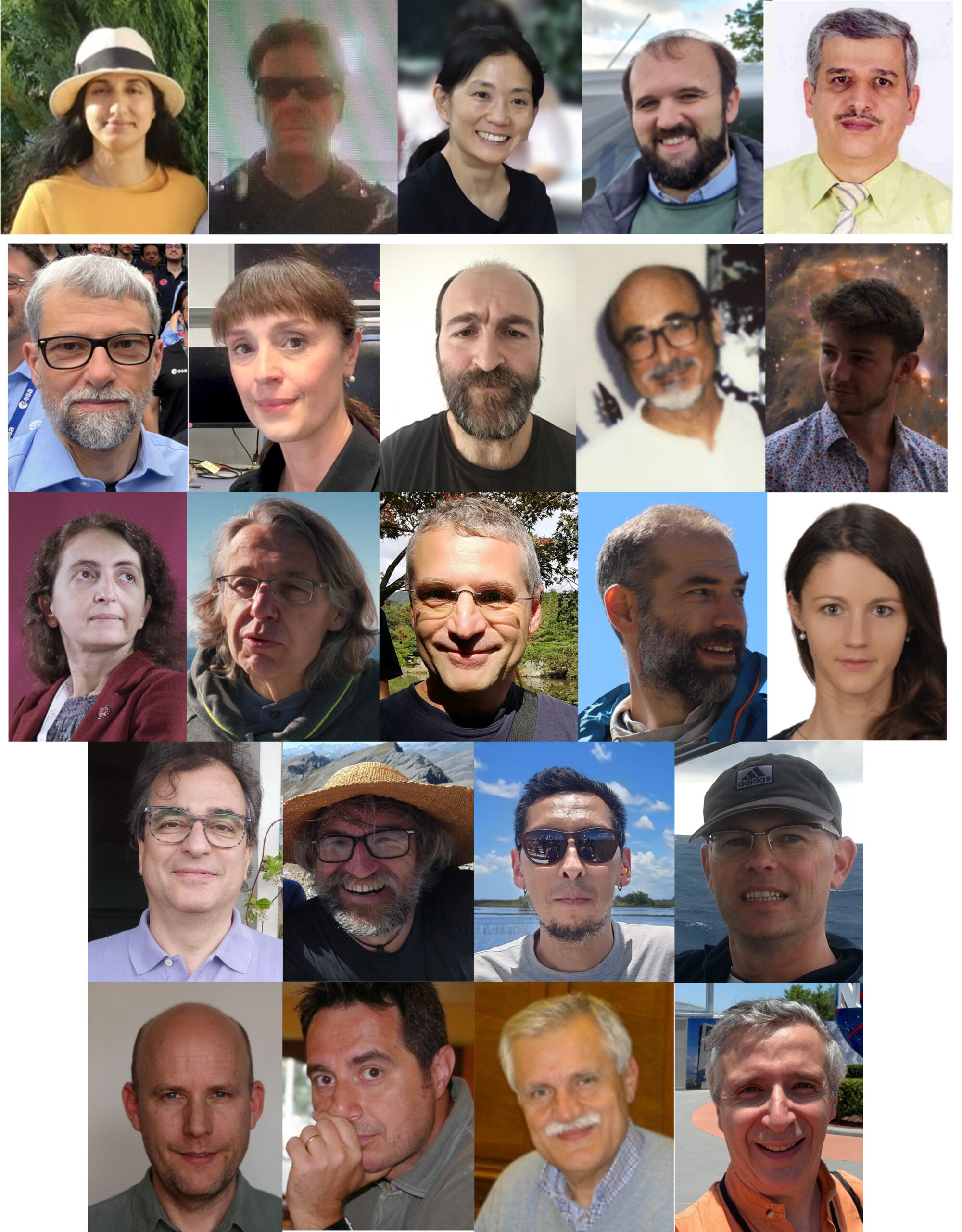
Euclid STAR Prize 2024 – Team Technical/Engineering Award
The VIS & NISP Instrument Commissioning Teams led by Saeeda Awan and Stefano Dusini:
VIS: Saeeda Awan (commissioning lead), Reiko Nakajima, Patricia Liebing, Gian Paolo Candini, Anna Maria di Giorgio, Abdulla Khalil, Kevin Benson, Phil Smith, Magdalena Szafraniec, and Alex Short
NISP: Stefano Dusini (commissioning lead), Chiara Sirignano, Paola Maria Battaglia, Eduardo Medinaceli, Fabrizio Cogato, Sebastiano Ligori, Remi Barbier, Sylvain Ferriol, Natalia Aurichio, William Gillard, Thiery Maciaszek, Massimo Trifoglio, Gabriele Sirri, Vito Capobianco, Leonardo Corcione, Knud Jahnke, Antonino Troja, Andrea Balestra, Fulvio Gianotti, Gianluca Morgante, Luca Valenziano, Enrico Franceschi, Frank Grupp, Eric Prieto, Bogna Kubik, Kerry Paterson, Lucas Sauniere, and Paolo Strada.
Motivation
For exceptional level of dedication and expertise, with stringent response times, over weeks of long shifts, including through the night, and whose work greatly mitigated the impact of straylight, X-rays, solar protons and pointing prior to the re-start of the PV phase.
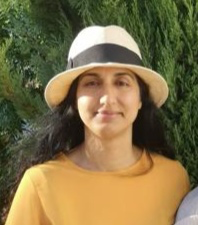
Bio
Saeeda Awan is a Systems Engineer at University College, London. After graduating in Aerospace engineering, Saeeda worked in simulation for civil and military aircraft, mostly on avionic instruments as principal engineer. Then spent a few years working as system engineer in the defence sector, after which she joined the MSSL in 2016 as VIS system engineer.
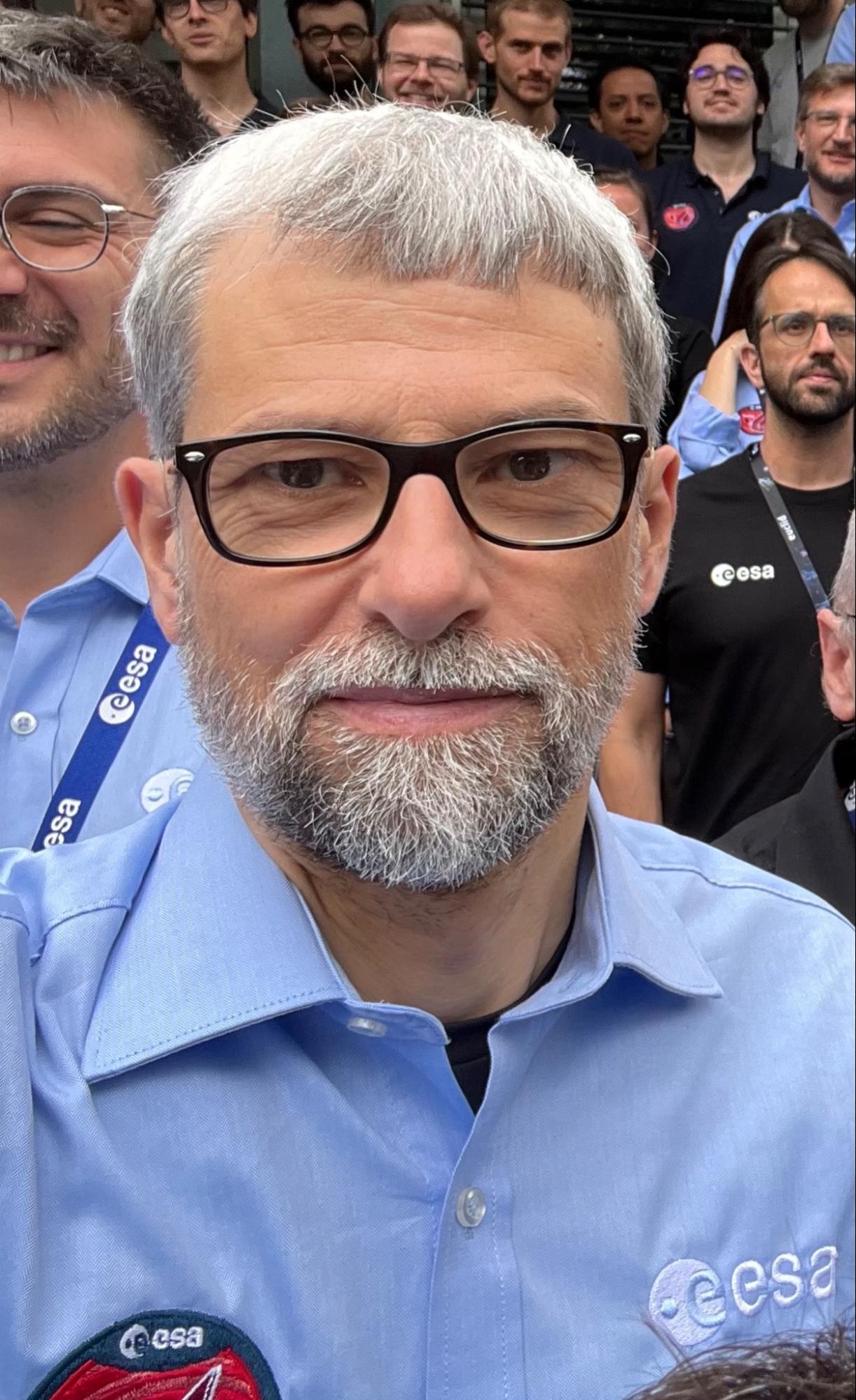
Bio
Stefano Dusini is a senior research scientist at the Italian National Institute for Nuclear Physics (INFN) in Padova, Italy, specialising in experimental neutrino oscillation physics. He contributed to the design and construction of the OPERA experiment and played a key role as the deputy physics coordinator for neutrino oscillation analysis. Following OPERA, Stefano was involved in the Sterile Neutrino Search for the NESSiE proposal, the JUNO experiment for measuring neutrino mass ordering, and the LiquidO/CLOUD collaboration for developing novel neutrino detection techniques. In 2014, Stefano joined INFN’s efforts to strengthen research in observational cosmology, becoming part of the Euclid Consortium with responsibility for the NISP Warm Electronics AIV. In 2016, he became the NISP AIV Deputy Manager, coordinating activities for NISP functional verifications and serving as the Deputy Test Manager for the NISP EM and FM ground test campaigns. In July 2023, Stefano coordinated the in-flight commissioning of the NISP instrument.
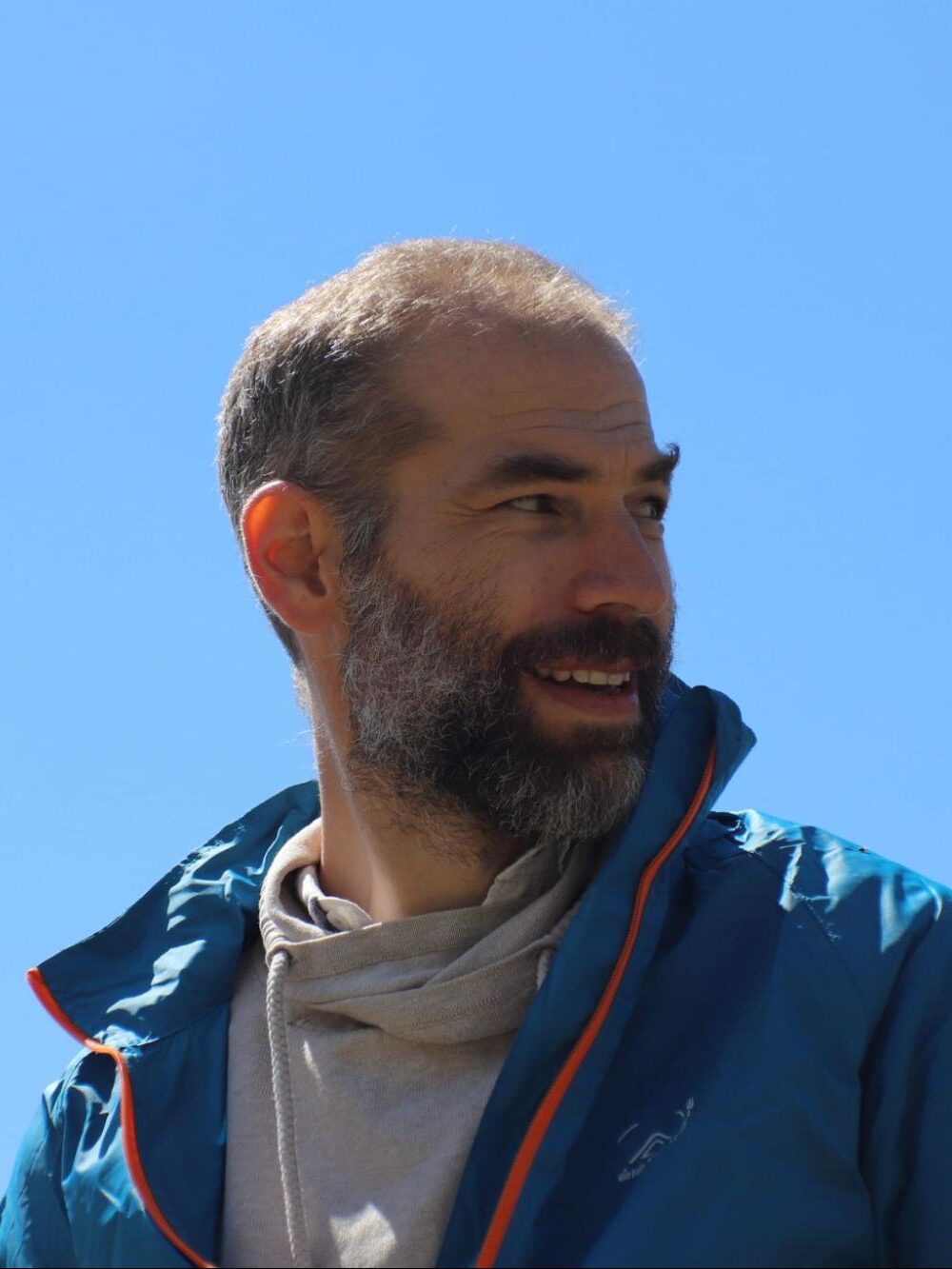
Bio
William Gillard is assistant professor at Aix-Marseille University and at the CPPM, in Marseille. He specialized in the indirect search of Dark Matter with analyses of positron annihilation signal in our Galaxy and with study of rare element in cosmic radiation as antimatter. He worked with many space experiments (Integral, Pamela, AMS, Euclid) and join the Euclid consortium to hunt for dark matter and dark energy through cosmological observation. He is the NISP instrument scientist for spectroscopic channel since 2021 and contributed to the on ground test campaign of the NISP instrument and to the NISP detector characterisation before the Euclid Launch.
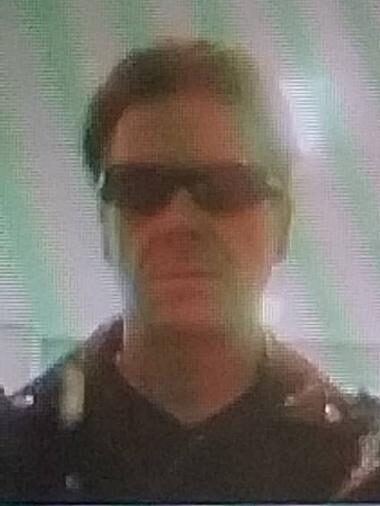
Bio
Phil is a software engineer at the Mullard Space Science Laboratory, University College London. After initially working with UV and X-ray observations from ROSAT, and follow-up radio and optical observations, he worked on the instrument simulator and flight & ground software and operations of the XMM-Newton Optical Monitor, the flight & ground software and operations for the Neil Gehrels Swift Observatory UVOT, the embedded software for the MSSL Penetrator experiment, initial work on the ground software for Gaia RVS and the flight & ground software and operations for Solar Orbiter EUI before helping with the Instrument Workstation and data for Euclid VIS commissioning. Helped during Euclid commissioning at ESOC and from home, on-call 24hr as necessary, as Operating System expert and data wrangler on the VIS Instrument Workstation.
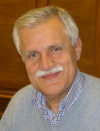
Bio
Massimo Trifoglio, retired at the end of 2019 after over 40 years of activity as a software developer, first at CNR and then at INAF, is currently an INAF Associate at the OAS Institute in Bologna.
He has collaborated in the study and/or design and development phases of software for Ground Support Equipment and Ground Segment of various space missions and terrestrial observatories (BeppoSAX, XMM-Newton, INTEGRAL, AGILE, ASTRI / CTA, NISP-Euclid).
He participated from the early stages in the study of the EGSE for the NISP Instrument. Since 2010 he has coordinated and participated in the development and use of the software for the NISP Instrument Workstations necessary for the real-time processing of the data produced by NISP during the integration phases at instrument, payload and satellite level, and during the in-flight commissioning.
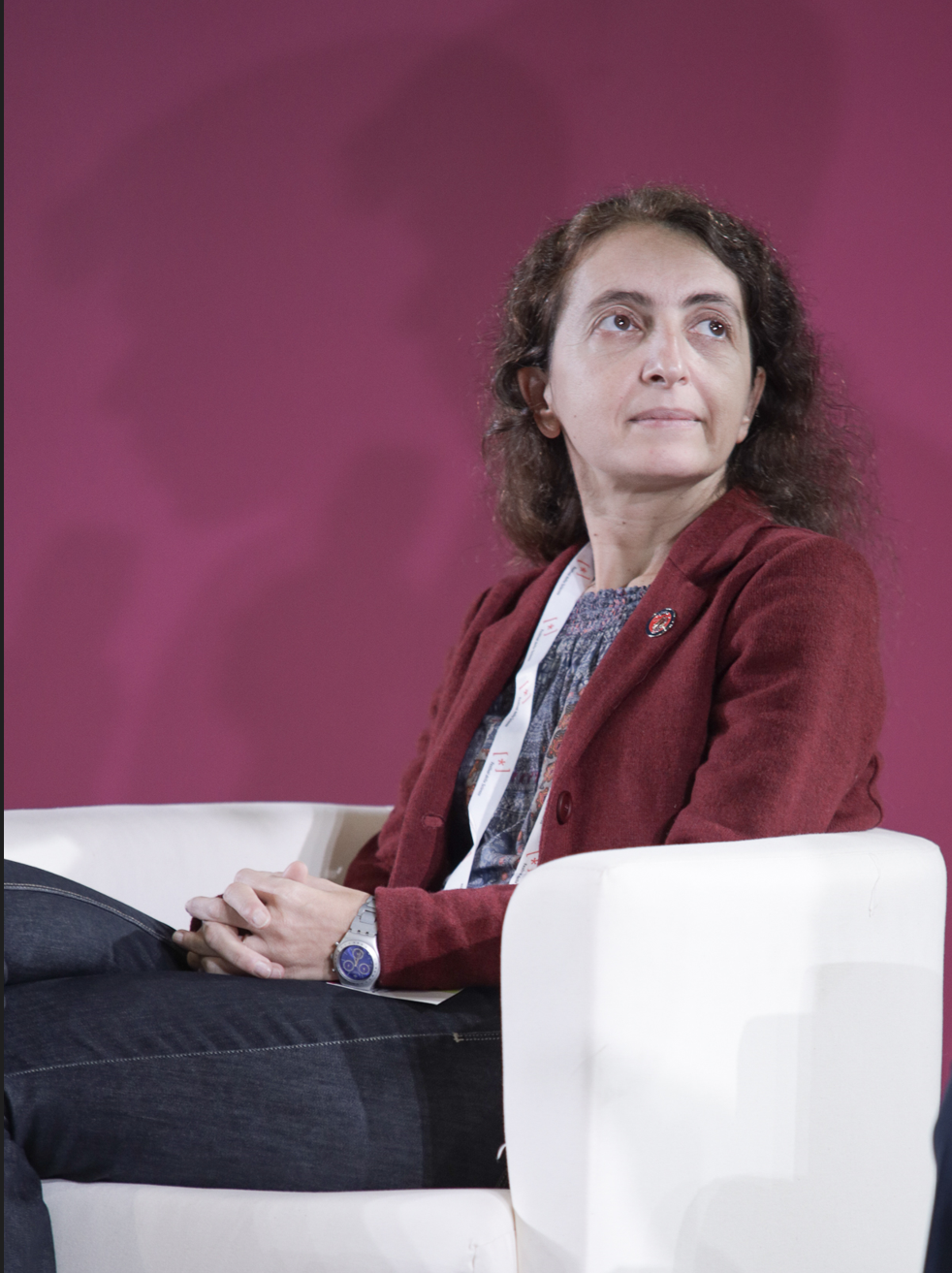
Bio
Chiara Sirignano is an experimental physicist, currently Associate Professor at the Physics and Astronomy Dept, University of Padua. Her research was mainly in Neutrino Oscillation field (Chorus and Opera experiments) up to 2015. She contributed to the design and preparation of the Opera experiment detector target at INFN Gran Sasso Underground Laboratory; such target was composed of high resolution photographic films and lead. She contribute to fast image data analysis and neutrino interactions reconstruction and study. She joined the Euclid Consortium in 2015 with INFN Group, working on the AIV of the Warm Electronics of the NISP Instrument. She took part to all the ground test campaigns of the NISP instrument and contributed in the Instrument operations definition and data quality checks implementation. At the moment she is involved in the NISP Instrument Operation Team and acts as NISP Instrument Operation Team Deputy Manager.
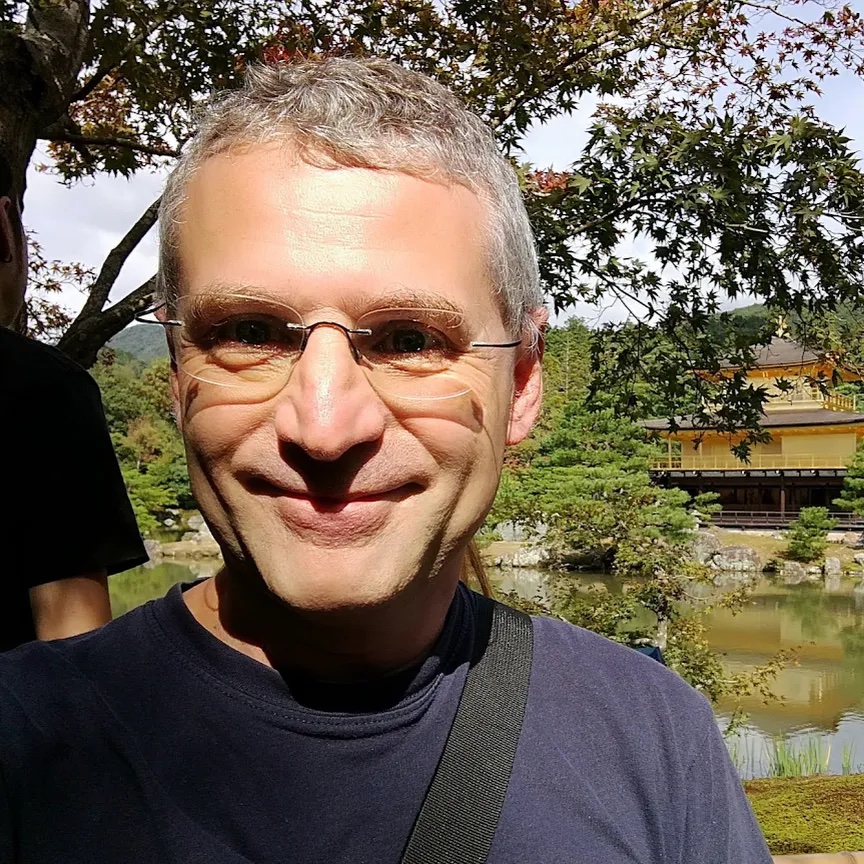
Bio
Graduated in Physics at the University of Turin, and received a Ph. D. in Astronomy at the same University. After the Ph. D. he was employed as Staff Researcher at the Max-Planck-Institute for Astronomy in Heidelberg, Germany, where was responsible for the detector system of the Mid-IR Instrument for Interferometry (MIDI), which has been operated as the first scientific instrument of the Very Large Telescope Interferometer (VLTI) of the European Southern Observatory (ESO). In Euclid he is responsible for the Application SW of the Instrument Control Unit of the NISP instrument. Currently he is responsible for the development of the ASW for the Instrument Control Units of the NewAthena and Ariel ESA missions. He is also involved in the development of the Instrument Software for the Mosaic instrument that will be installed as a second generation instrument on the Extremely Large Telescope (ELT) of ESO.
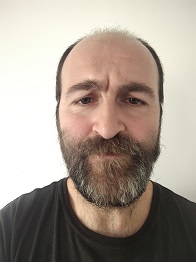
Bio
Vito Capobianco is a software engineer with a temporary staff position at Italian National Institute of Astrophysics in Turin (INAF-OATO). Joined to the Euclid program in mid 2013, he started working on NISP Data Processing Unit requirements and interfaces definition. Since the end of 2014 he has been responsible for the development of the Application Software of the Instrument Control Unit for NISP (NI-ICU-ASW). He also contributed to all NISP integration and test campaigns and he is actually involved in the NISP ICU-ASW maintenance and NISP IOT activities.
Currently he is also involved in the development of the Application Softwares for the ICUs of the NewAthena and Ariel (ESA missions) and of the Instrument Software of MOSAIC (a second generation instrument to be installed on the Extremely Large Telescope of ESO).
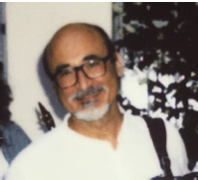
Bio
Graduated in Physics at the University of Turin, he is a Staff Researcher at the Astrophysical Observatory of Turin (INAF). He has a long standing experience in the design, development characterization of focal plane instrumentation based on mid and far infrared array detectors, as well on CCD devices, for both ground-based telescopes and Space telescopes. He was responsible of the design of the control system for the “Fringe-tracking Instrument of NIce and TOrino” (FINTO) for the Very Large Telescope Interferometer (VLTI), and responsible for the phase-A study of the 4, 6 and 8 beam Fringe Tracker for multi beam VLTI Spectro Imager (VSI) (ESO call for phase-A study for 2nd generation instrumentation of VLTI). He collaborated with the GAIA Radiation Task Force for the study of the effects of radiation damage in CCDs.
In Euclid, he was engaged from the very early phases in the NISP development: in framework of ASI contract Phase-B/C and D, Manager of the work package to coordinate the design and development of the Data Processing Unit of NISP; from Phase D on, collaborating as Software Architect to the design of the Application SW of the Instrument Control Unit of the NISP instrument.
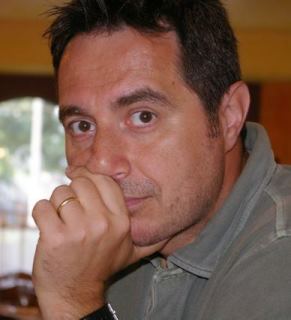
Bio
Gianluca Morgante is a Senior Technologist and NISP thermal architectat the Italian Istituto Nazionale di Astrofisica (INAF) of Bologna with more than 25 years of experience in the design, development and optimization of advanced instrumentation for astrophysical applications on space, balloon-borne or ground platforms. His research activity and professional expertise is mainly centered on the following disciplines:
- Thermal/cryogenic design of instruments, payloads and cooling systems
- Thermal analysis (ESATAN-TMS, Thermica, Sinda/Fluint, Sinaps, ThermXL)
- System Engineering (ECSS and NASA standards)
- AIV/AIT management
- Space system operations
He is responsible for the thermal architecture of projects such as Planck-LFI and Planck-SCS, Euclid-NISP, LSPE, ARIEL, HERMES and others.
After 8 years spent working at NASA – Jet Propulsion Laboratory to develop the main cryocooler for the Planck mission, he joined INAF (in 2005) and the early Euclid project (in 2009) to become, after few years, the NISP thermal architect and a member of the System Team. He led the thermal design of the instrument, contributed to the definition of the requirements and collaborated to the development of the thermal control system.
His scientific and technological activity is documented in more than 250 publications together with many technical documents, notes and reports as well as scientific proposals.
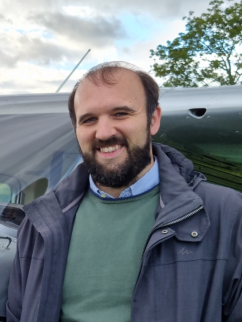
Bio
Gian Paolo Candini is the VIS electronic system engineer with a PhD in aerospace engineering.
His experience on electronic design for space project started with microsatellite design at the University of Bologna in 2005, followed by the design of part of the electronics of NOMAD on ExoMars-TGO mission for the Instituto de Astrofísica de Andalucía in Granada, Spain, between 2010 and 2015. In parallel he worked on a number of cubesats experiments and three ESA REXUS/BEXUS programs with the University of Rome – La Sapienza. Between 2015 and 2023 he has been the electronic system engineer on VIS, supporting also the design of the ROE electronics. He has been leading the AIT activities and IDT. In early 2023 he left MSSL to go back to the Instituto de Astrofísica de Andalucia, although he supported the commissioning activities at ESOC full time and still provides support as instrument expert. Currently he is designing the electronics for the DUSTER project and he’s managing the technical activities on the project. One of his major hobbies is astrophotography, although after working on the images from VIS, his refractor now feels really small and inadequate…

Bio
Bogna is based at the Lyon Institute for Physics 2 Infinity (IP2I) and is a research engineer in instrumentation at the CNRS. After her PhD in theoretical particle physics, she joined the Euclid mission and is involved in the development and monitoring of the NISP instrument. Her main interest is in the properties of infrared detectors. At ECICOM contributes to make the meetings well organized.

Bio
Astronomer based at the Max Planck Institute for Astronomy in Heidelberg, Germany, with a research focus on the joint evolution of galaxies and their central supermassive black holes across cosmic time. Member of the EC and instrument scientist for the NISP photometry channel since 2011, also local Euclid lead at MPIA, which included involvement in developing the NISP calibration source NI-CU as well as the NISP photometry filters. Interested in Euclid communications on the side.
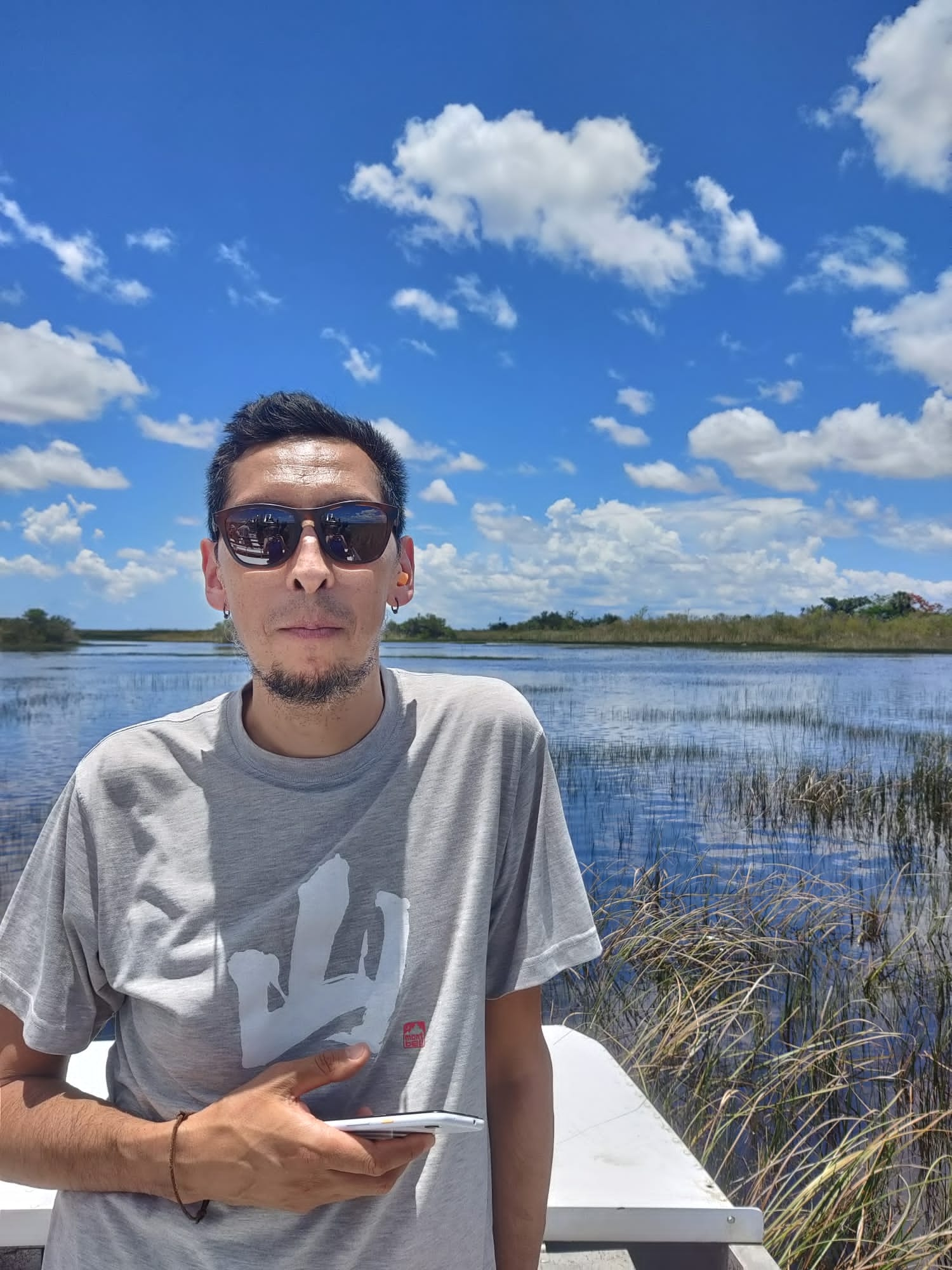
Bio
PhD. Eduardo Medinaceli is a researcher of INAF-OAS, is a particle physicist with a background in neutrino, and cosmic rays physics. Working for Euclid since 2016, became the manager of the application software of the Data Processing Unit of NISP, leading the software development, the validation test campaigns including the DPU (and ASW) in-flight commissioning. Currently is part of NISP’s Instrument Detector and Instrument Operations Teams. For ESA’s Ariel mission is the system engineer of the near-infrared detection chain of the FGS system, and is the Project Manager of the development of both the hardware and software of the Instrument Control Unit of the new Athena mission proposal.
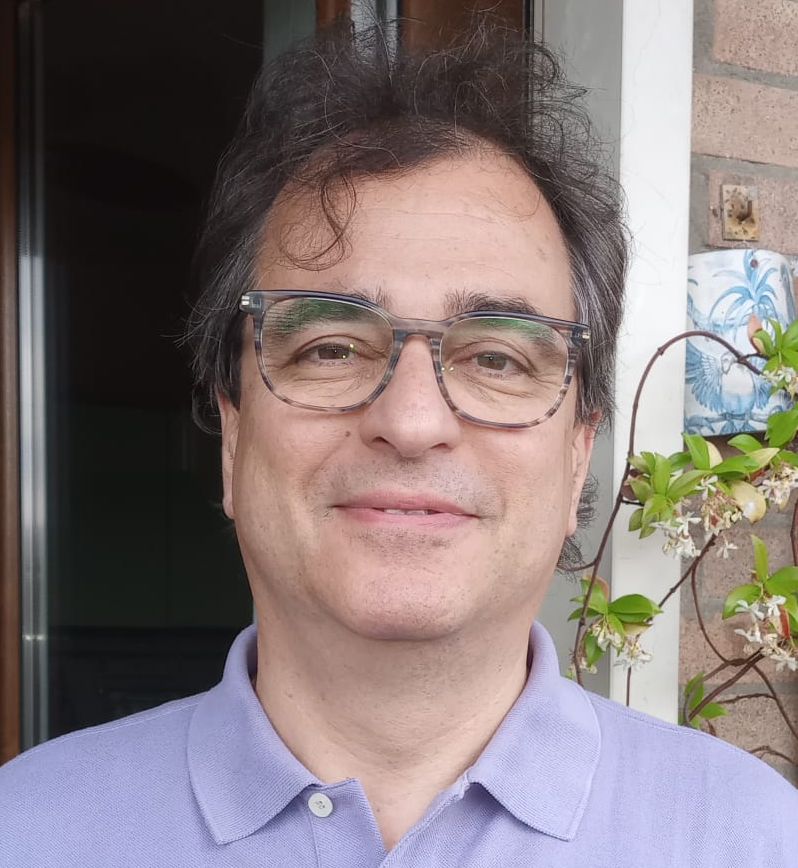
Bio
Andrea Balestra graduated in Physics at the University of Trieste. He worked first at the Astronomical Observatory of Trieste (1992-1999) then moved to the European Southern Observatory (1999-2015). Since 2015 he has been First Technologist at the Astronomical Observatory of Padova. He has been involved, as software engineer, in the development of control software for several projects related both to telescopes and astronomical instrumentation: Telescopio Nazionale Galileo, ESO NTT, FIERA and NGC (ESO detector controllers for VLT), Euclid/NISP DPU ASW. He was also involved in virtualization of ESO test environments and the definition of ESO software standards (e.g. C/C++). Currently he manages Software Quality Assurance tasks for the consortia of several instruments (e.g. MORFEO@ELT) and he is active in establishing good practices with Model Based System Engineering at INAF level (AstroMBSE).
In EUCLID/NISP he contributed to the development, QA and documentation of the Application Software for the Data Processing Unit.
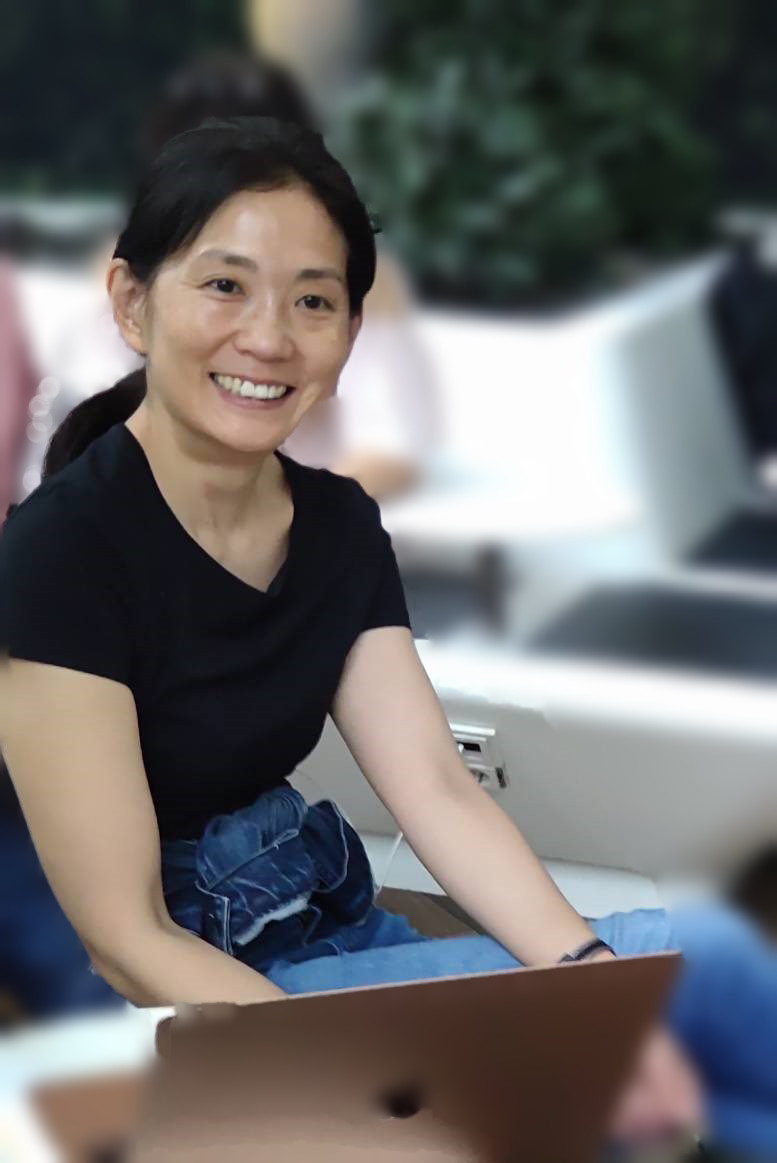
Bio
Reiko Nakajima is an astronomy research staff at the Argelander Institut für Astronomie in Bonn University (Germany). Reiko obtained her PhD in Physics and Astronomy at the University of Pennsylvania in 2008, and joined the Euclid project in 2011, starting with planning all manners of verification and validation tests for Weak Lensing Science Working Group (WL-SWG) and the Science Ground Segment (SGS).
Reiko gradually started to specialize in the VIS detector systematics calibration, getting involved with OU-VIS and the Calibration Working Group (CalWG), eventually acting as a liaison between CalWG, VIS Instrument Development Team (VIS IDT), WL-SWG, OU-VIS, to ensure all necessary VIS calibrations are implemented for the Euclid Weak Lensing science requirements.
In early 2021, Reiko joined the VIS instrument team as the VIS Instrument Scientist.
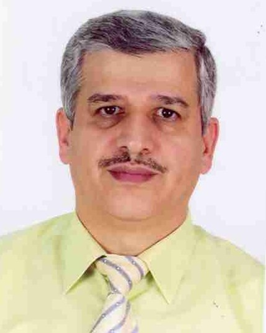
Bio
Abdullah Khalil is Euclid VIS Electronics Systems Engineer at the Mullard Space Science Laboratory, University College London. After working on QB-50 CubeSats, he worked for three years on the design, development, and testing of the Euclid VIS readout electronics ROE at DM, EM, QM, and FM stages. He also worked as an Electronic Engineer for SMILE and Solar-C projects. He re-joined the Euclid VIS IOT group as an Electronics Systems Engineer, supported the pre-launch activities, during launch activities, worked on Euclid commissioning after launch, PV phase, and VIS monitoring and daily activities. Prior to joining MSSL, he got his PhD degree in Electronics and Communication Systems and worked as Assistant Professor at various universities.
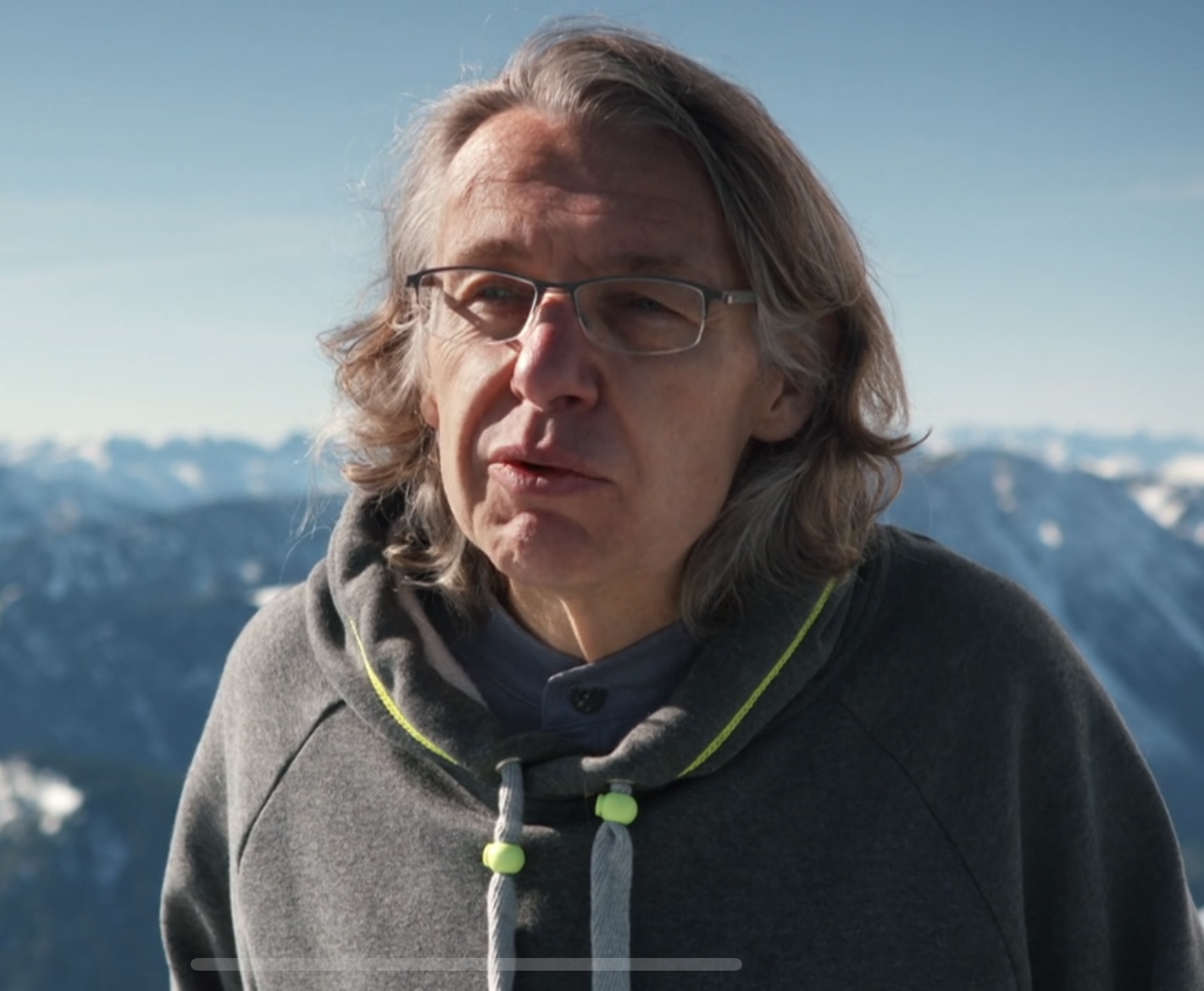
Bio
Optical architect of the NISP. On board since 2008 working for MPE and University of Munich. Did his PhD on stellar astronomy in 2004 and worked on the design of Échelle spectrographs and fiber optics before he turned to space optics and the Euclid design. Responsible on MPE side for the optical design and instrument implementation. A big fan of holographic alignment and testing methods.
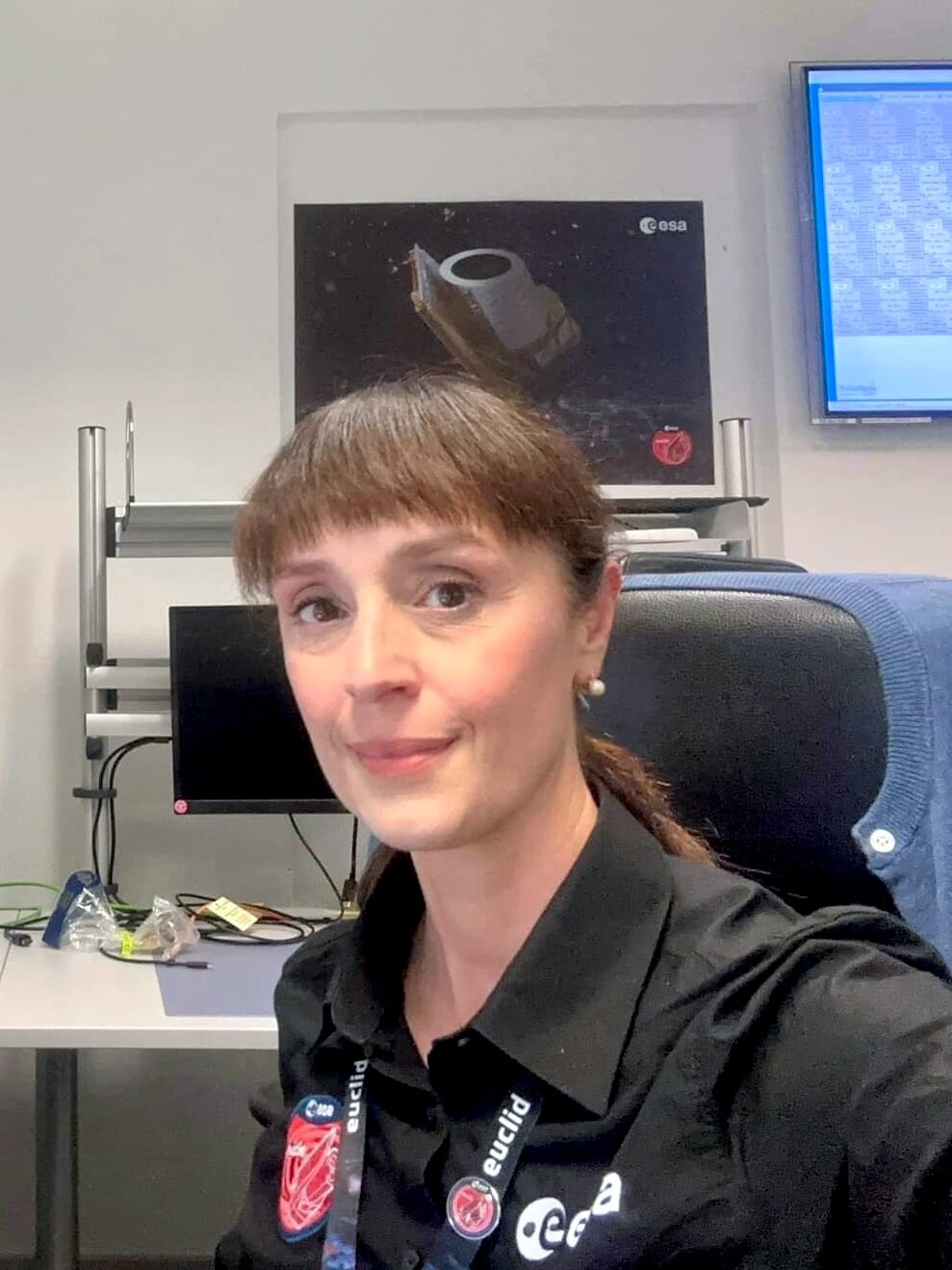
Bio
Paola is an experimental physicist and currently a temporary research staff at the National Institute for Astrophysics, INAF – OAS Bologna, Italy.
From 2003 to 2012 she worked in Thales Alenia Space Italy (Milan) as an Assembly Integration and Verification (AIV) engineer in the Scientific Equipment Unit, being involved mainly in ESA’s Planck mission. She was part of the Instrument Operation Team of the Planck Low-Frequency Instrument, following the Instrument Cryogenic Characterisation at spacecraft level (at Centre Spatial de Liège, Belgium) and the Instrument In-flight Calibration (at the European Space Operation Centre of the ESA in Darmstadt, Germany).
She joined the Euclid Consortium in 2015 as PhD student with a research project on the improvement of the wavelength calibration of the spectroscopic data. In Euclid, she covers the role of NISP Instrument Operation Team manager
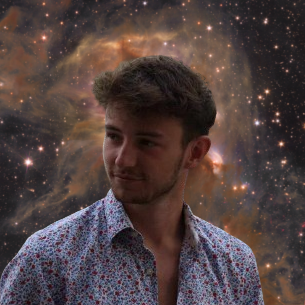
Bio
Lucas Sauniere is a 2nd-year Ph.D. student at the Centre de Physique des Particules de Marseille. With a master’s from IPSA, he works with William Gillard on developing machine learning algorithms to better understand NISP’s instrumental response. He contributed with the NISP filter wheel alignment and the optical centering checks during the commissioning phase.
Intern at institutions like the French Space Agency, Geneva Observatory, and IRAP, Lucas gained practical insights into astronomy, data analysis, and high-resolution spectropolarimetry.
Beyond academia, as a former vice-president of IPSA VEGA Astronomy association, Lucas led analyses on Kepler/K2 & TESS data, dealing with exoplanets and asteroseismology. His passion extends to teaching, offering lessons on astrophotography and lecturing for high school and university students, imparting knowledge in physics, math, and Python.
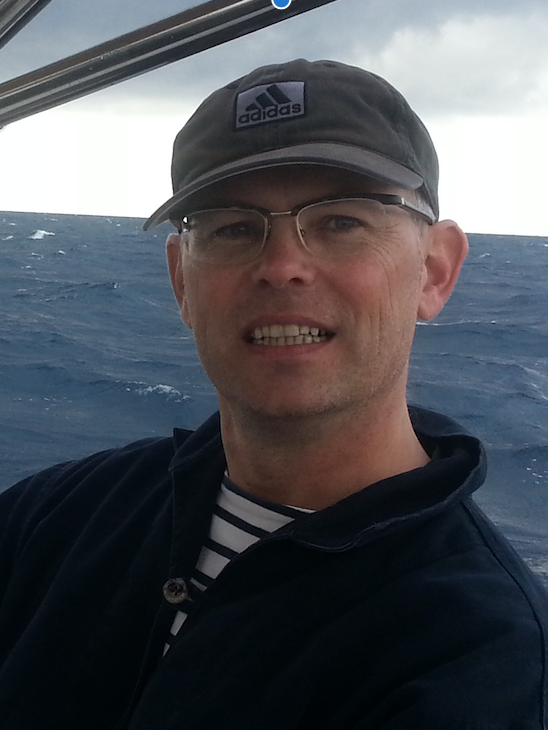
Bio
Rémi is Research Engineer at IP2I/CNRS, in Lyon. He specialized in Detector Physics from UV to SWIR. He worked with Delphi experiment (CERNi) and joined the Euclid consortium to follow the NRE phase on IR detectors. He is the NISP Detector scientist since 2013 and contributed to the on ground test campaign of the NISP instrument and to the NISP detector characterisation before the Euclid Launch.
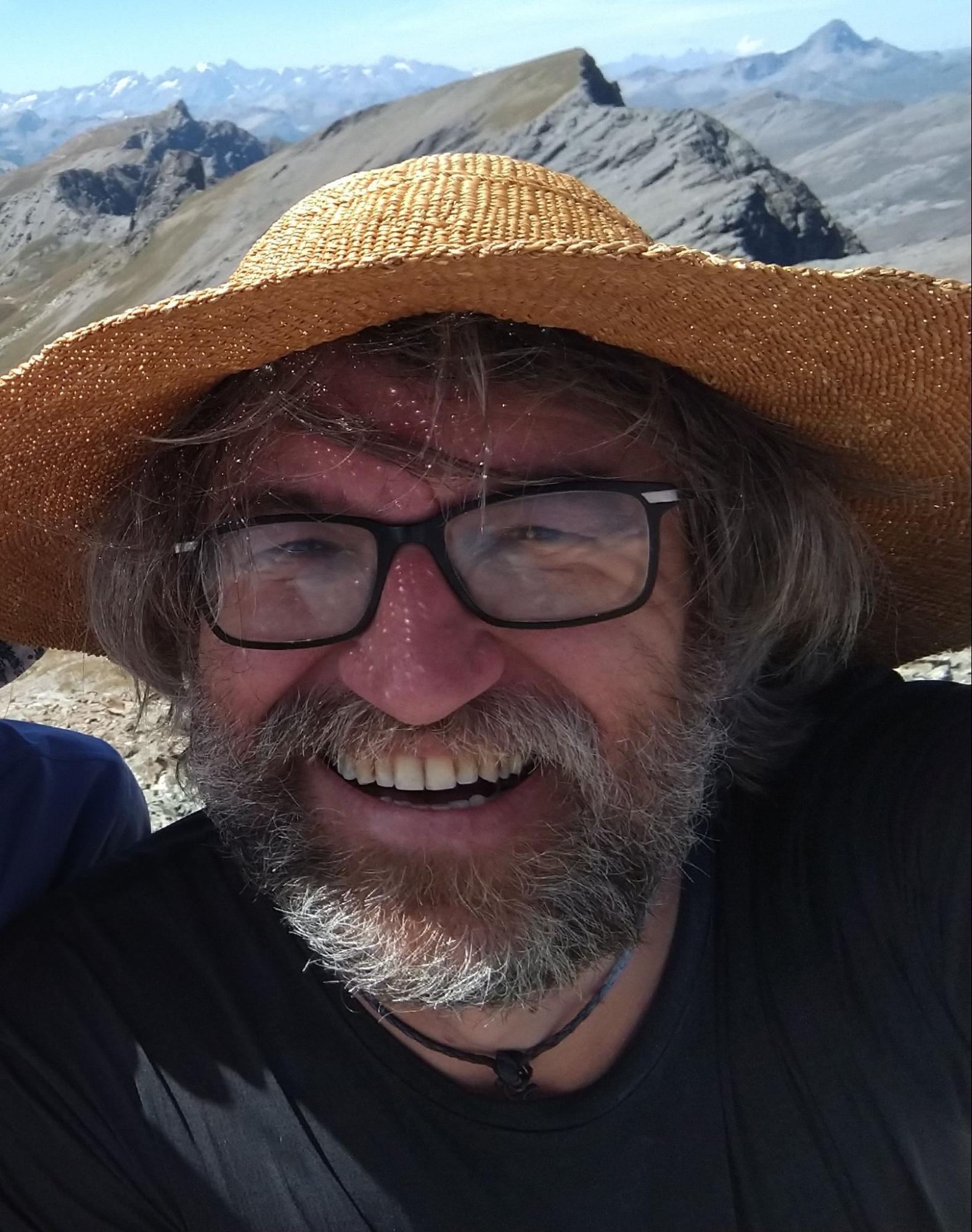
Bio
Sylvain is Research Engineer at IP2I/CNRS, in Lyon. He is a software engineer specialized in real-time acquisition systems. He worked in IT in various fields of application such as sonar, medical, experimental economics and nuclear physics. In 2012, he joined the Euclid project and he coordinated and developed the software system which did the characterisation of the NISP IR detectors, individually at CPPM and on the focal plane at LAM.
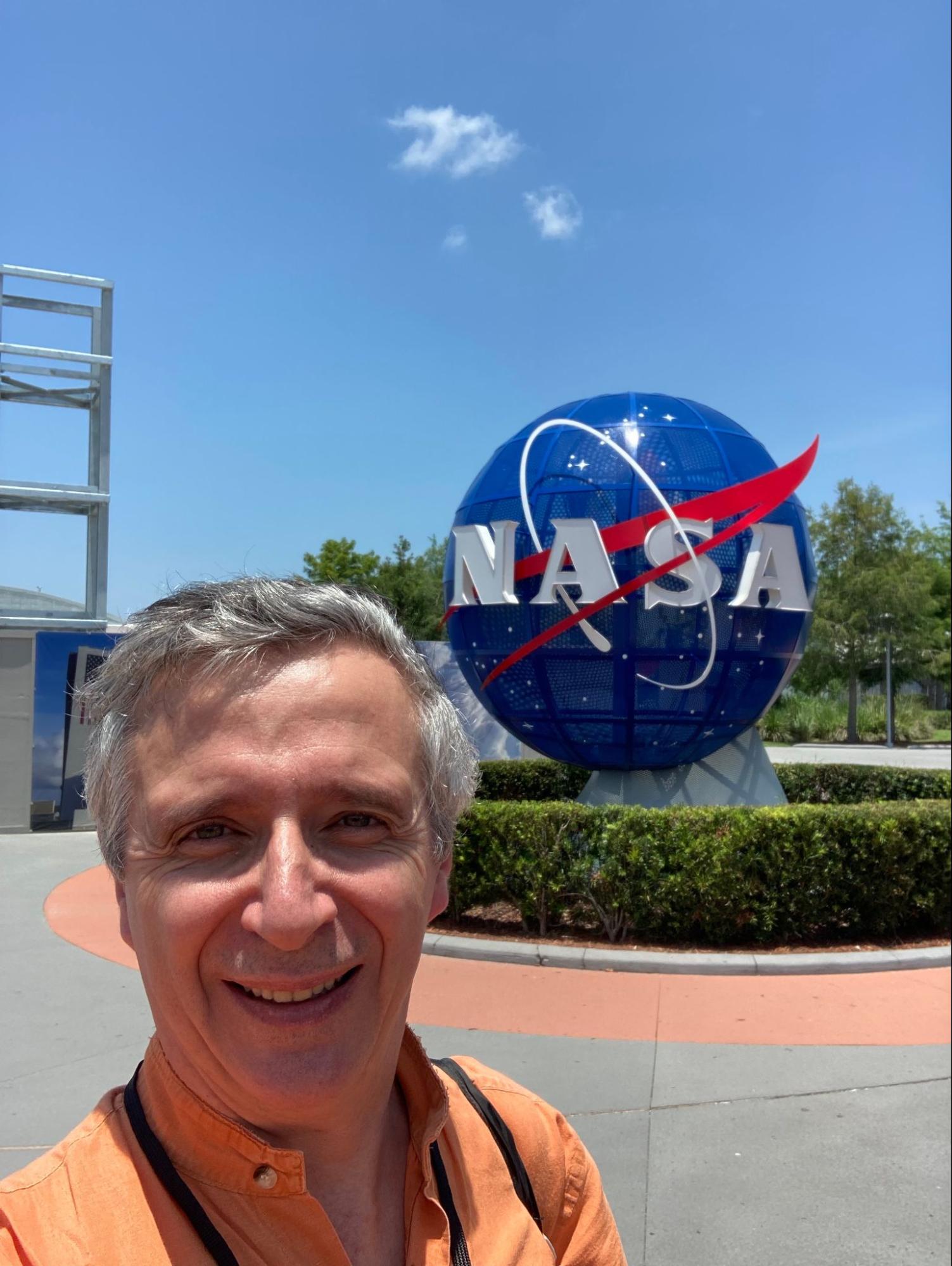
Bio
Luca Valenziano is an experimental cosmologist at INAF OAS-Bologna. He has worked on the Euclid mission since its proposal to ESA and he is among the Euclid Founders. Until 2011, he served as project manager of the NISP instrument, then as responsible for the Italian contribution to NISP until February 2022. He is member of the ECEB and responsible for the Technical area within it. He is advisor to the IOT NISP Manager.

